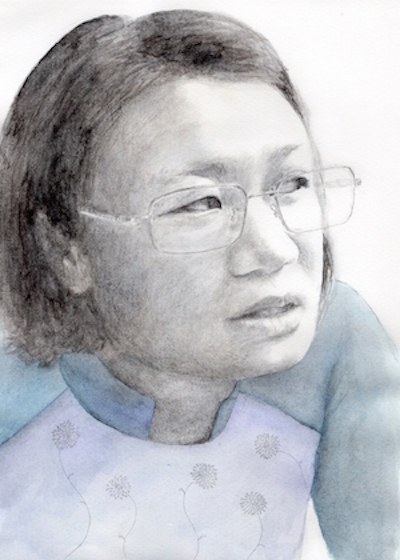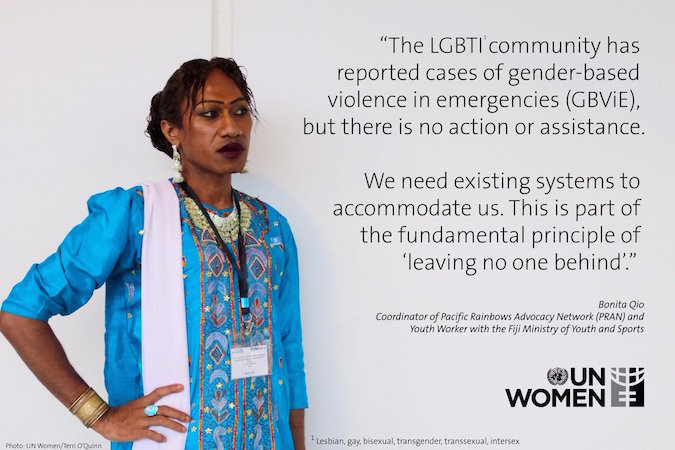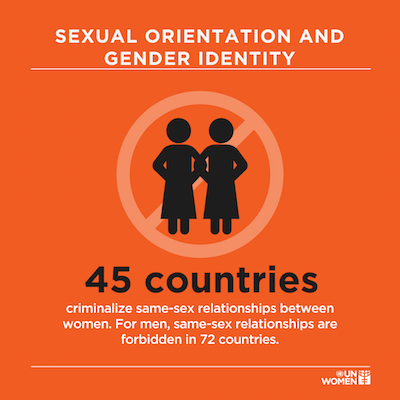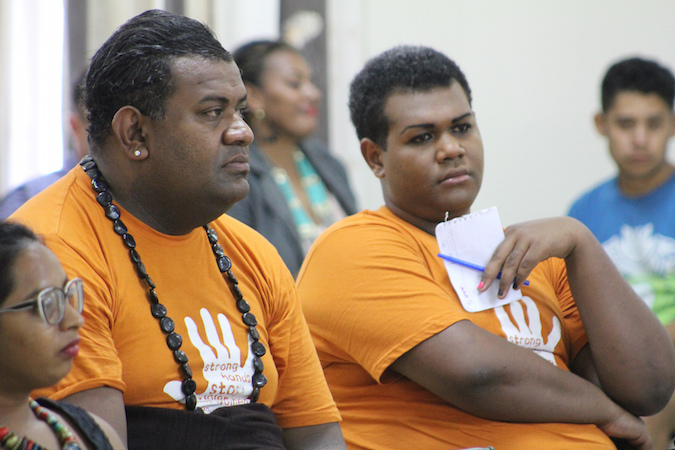Executive Director’s blog series: Violence against LGBTI persons
A 16-part blog series by UN Women Executive Director, Phumzile Mlambo-Ngcuka on the occasion of the 16 Days of Activism Against Gender-Based Violence campaign.Date:
The freedom to be who you are and love who you choose is a fundamental human right.

States have clearly established legal obligations to safeguard the human rights of Lesbian, Gay, Bisexual, Transgender and Intersex (LGBTI) people. Yet in 72 countries around the world, LGBTI people do not have this freedom. In those countries, same-sex relationships are criminalized.
The 2030 Agenda’s promise to “Leave No One Behind” urges us all to work hardest for those who are furthest behind, and to leave no one out.
Putting same-sex relationships outside the law intensifies the abuse and risks that LGBTI people face every day, from state-sanctioned violence in the eight states that implement the death penalty in cases of same-sex relationships, to other forms of gender-based violence in people’s communities and in their homes.
This week at UN Women, we partnered with OutRight International to host LBTI women human rights defenders from around the world to discuss their experiences, and to better understand their risk of violence.
Working to reform discriminatory laws, improve services and safeguard the human rights of LGBTI individuals worldwide, these inspirational activists shared their stories and offered advice on how to move forward on LGBTI issues in the context of the Sustainable Development Goals.

Programmatic interventions must include LGBTI voices at every stage — from planning and implementation to conclusion and review. In areas such as disaster response planning, we need to empower the LGBTI community as rights-holders — and as transformers.

Earlier this year, we invited local LGBTI organizations and civil society groups to UN Women’s conference on gender-based violence in emergencies for Fiji and the Pacific Islands, culminating in guidance on best practices for mainstreaming LGBTIQ+ rights.
Similarly, in Viet Nam, we have prioritized consultations with LBTI persons in the scoping study for our Safe City programme, helping us to identify violence against transgender women in public spaces as a critical concern.
We know that the voice of rights activists can make all the difference. Take the example of India, where the landmark 2014 Supreme Court decision affirmed the legal status of transgender individuals as a “third gender” and insisted on their being ‘part and parcel of the society’, with the government required to take steps to bring them into the main stream of society.

To keep the promise of leaving no one behind, we can all speak out, calling for discriminatory laws to be repealed; new policies to be put in place; and governments held accountable for their commitments to respect, protect and fulfil LGBTI persons’ human rights.